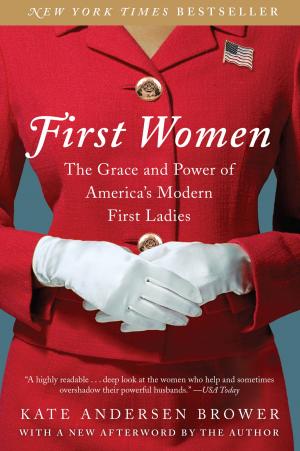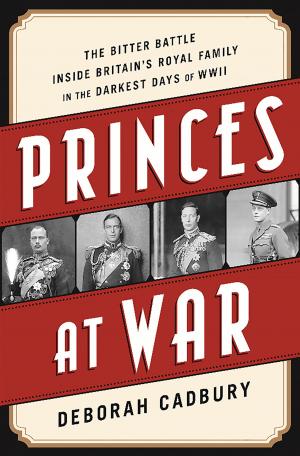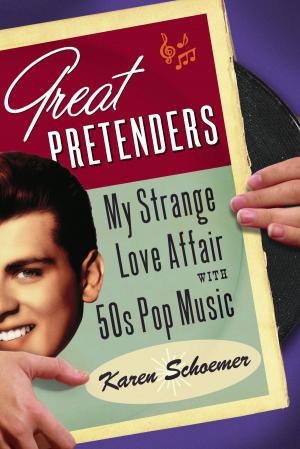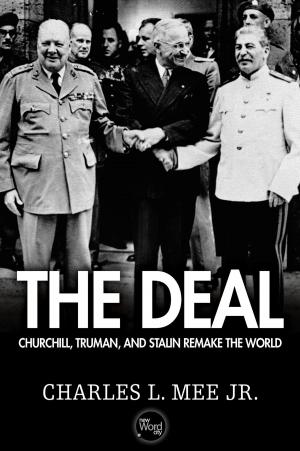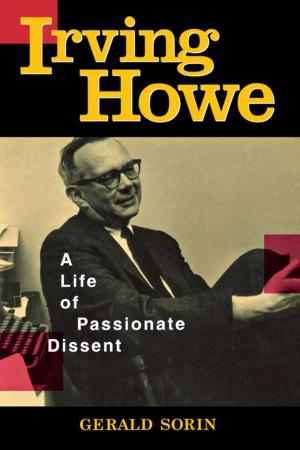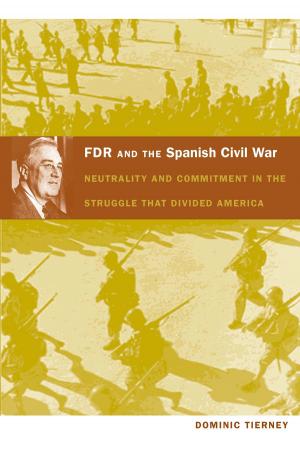The Titanic and the Indifferent Stranger
Nonfiction, Reference & Language, Transportation, Ships & Shipbuilding, History, Modern, 20th Century| Author: | Paul Lee | ISBN: | 9780956301512 |
| Publisher: | Paul Lee | Publication: | November 17, 2011 |
| Imprint: | Paul Lee | Language: | English |
| Author: | Paul Lee |
| ISBN: | 9780956301512 |
| Publisher: | Paul Lee |
| Publication: | November 17, 2011 |
| Imprint: | Paul Lee |
| Language: | English |
In the summer of 1912, one man on the Earth was despised as "a thousand-fold murderer." He was Stanley Lord, the Captain of the freighter Californian. Two courts of inquiries found that his ship had sat and watched the 'unsinkable' Titanic fire distress rockets and finally watched her slip under waves, while the Californian's Captain and sole wireless operator slept, and an impotent bridge crew pondered that "a ship is not going to fire rockets at sea for nothing...it looks like a case of distress." Failing to impress their suspicions on Lord, the crew stood and watched the strange rocket-firer disappear into the night... In accordance with the basic dictates of maritime law, Lord and his crew should have responded to the rockets. They didn't. And 1500 people died in the frigid waters that night. Although Captain Lord was treated as a pariah and forced to resign from his shipping company, he soon found employment elsewhere and he prospered. After nearly 100 years, debate still ensues as to whether his ship and the Titanic were in sight of each other, but attempts to re-open the case to exonerate the crew of the sleepy tramp Californian in 1965, 1968 and 1990 simply resulted in the original findings of the courts being largely upheld. Basic questions about the case remain. Why did the Californian crew not give more impetus to the rockets? Were they afraid of their Captain? Why did they not wake up the wireless operator? Why was the crew not prosecuted for negligence? Why do so many people believe that the Captain was a scapegoat in 1912? Why is this one issue the most divisive aspect of the whole Titanic story? And more importantly, could the Californian have saved any of the victims, or would they have arrived in time simply to pluck a few half-dead bodies from the water?
In the summer of 1912, one man on the Earth was despised as "a thousand-fold murderer." He was Stanley Lord, the Captain of the freighter Californian. Two courts of inquiries found that his ship had sat and watched the 'unsinkable' Titanic fire distress rockets and finally watched her slip under waves, while the Californian's Captain and sole wireless operator slept, and an impotent bridge crew pondered that "a ship is not going to fire rockets at sea for nothing...it looks like a case of distress." Failing to impress their suspicions on Lord, the crew stood and watched the strange rocket-firer disappear into the night... In accordance with the basic dictates of maritime law, Lord and his crew should have responded to the rockets. They didn't. And 1500 people died in the frigid waters that night. Although Captain Lord was treated as a pariah and forced to resign from his shipping company, he soon found employment elsewhere and he prospered. After nearly 100 years, debate still ensues as to whether his ship and the Titanic were in sight of each other, but attempts to re-open the case to exonerate the crew of the sleepy tramp Californian in 1965, 1968 and 1990 simply resulted in the original findings of the courts being largely upheld. Basic questions about the case remain. Why did the Californian crew not give more impetus to the rockets? Were they afraid of their Captain? Why did they not wake up the wireless operator? Why was the crew not prosecuted for negligence? Why do so many people believe that the Captain was a scapegoat in 1912? Why is this one issue the most divisive aspect of the whole Titanic story? And more importantly, could the Californian have saved any of the victims, or would they have arrived in time simply to pluck a few half-dead bodies from the water?


